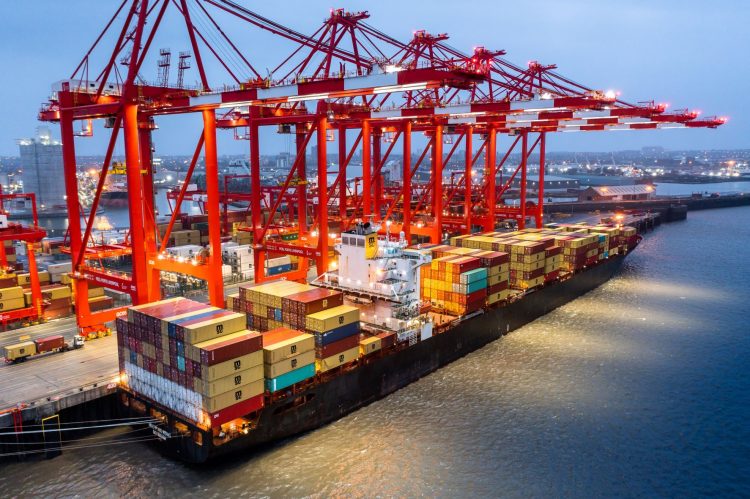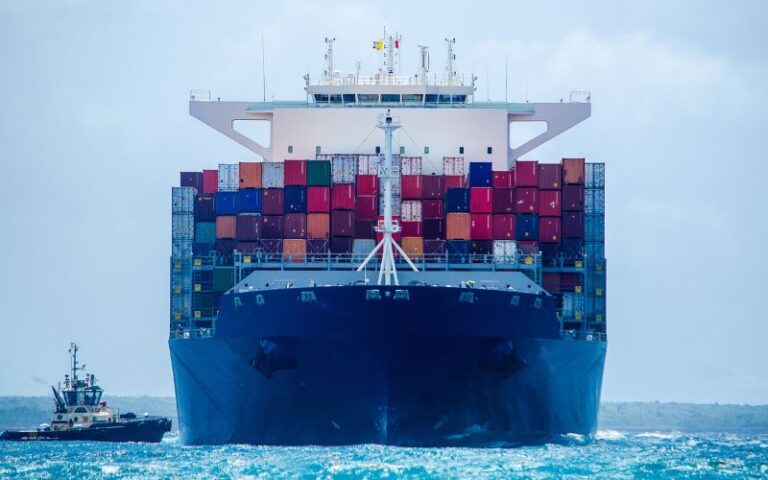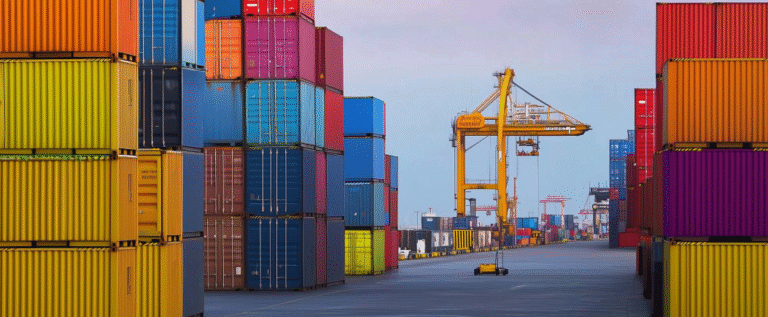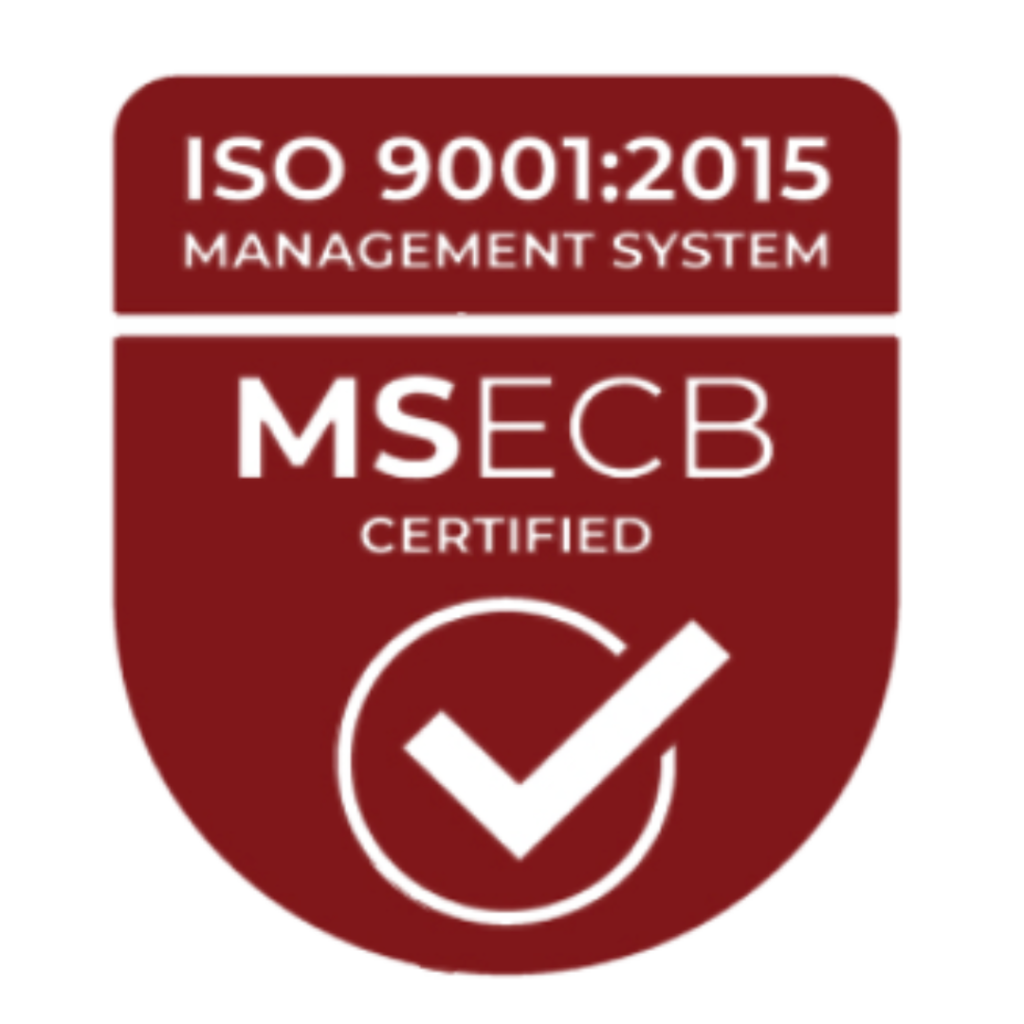Operating successfully in African ports, such as Tema, Lagos, Durban, or Dakar, demands more than just logistics expertise. It requires a seasoned professional with in-depth knowledge of local regulations, infrastructure nuances, and security complexities. A reliable maritime firm can navigate the challenges of geopolitics, bureaucracy, and infrastructure limitations, ensuring efficient port operations despite the obstacles.
In this article, we detail the most crucial qualities that define an authentic marine services provider in the African shipping sector–and shipping lines should find ways to screen them and pick the best.
1. Properly Valid Licenses & Authorized Certificates
Licensure is the ultimate giveaway of a true shipping company. Local offices need to be licensed with the country’s agencies, like the Nigerian NIMASA, NPA, or the NSC. ISO 9001:2015 certifications, which imply regulated quality control.
Failure to meet these requirements can result in denied port entry, penalties, or delays. Vessel masters must ensure their certifications, licenses, and documentation are valid, compliant with local regulations, and verifiable to avoid disruptions.
2. Established Responsiveness & Efficient Communication
In an industry where timing goes into every detail, an active and communicative maritime agent is the standard practice in the service sector. Quick response to inquiries, active updating, and always being available are essential signals of an efficiently run supplier.
Open communication ensures both parties are better-informed, thereby less likely to face miscommunication, delays, or avoidable errors. In an emergency, an open shipping company with functional communication channels shines with professionalism and dependability.
3. Transparent Procedures & Documentation
It will not require mentioning that shipping experts never rely upon unofficial communication or unrecorded decisions. They provide systematic recordings at every stage – order recognises, service-level agreement, signed confirmation, and itemised billing with actual services rendered.
It allows for improved cost control and responsibility. The clients are well aware of what they are paying for in terms of services, and in case of disagreements or misunderstandings, written communication provides traceable references.
Transparency nurtures trust in the long term. When you continue to enjoy smooth, documented service, it becomes less difficult to partake in subsequent operations without apprehension.
4. Intimate Local Port Knowledge & Experience
Operational know-how covers shipping procedures beyond the regular. They are:
- Optimal time to arrive/depart for ships
- Procedure for fast obtaining berths
- Optimised customs clearance/port health clearance itineraries
- Distinct local customs or bargaining patterns
Organizations with close familiarity with the local environment can expect where gluts will occur. By having prior relationships with port authorities, terminals, and customs brokers, they can speed up procedures and eliminate red tape.
It also assists with planning. The operator will phase his vessel movement better, with less unproductive time spent at anchor or berthed, holding off an opportunity, thereby saving demurrage payment.
5. Reliability During Interruptions
Ports are inherently unpredictable. Unexpected weather changes, labor slowdowns, inspections, or delays can disrupt even the best-laid plans. A reliable shipping company remains calm and proactive in such situations, ensuring minimal impact on operations. They:
- Communicate proactive delays expected
- Offer alternative solutions
- Tightly collaborate with port authorities and ship operations
These smooth, seamless reactions are evidence of an agency’s flexibility and professionalism. Trust never develops when all goes well, but when things go wrong and the agent can confront it professionally.
6. Security Awareness & Risk Mitigation
Ports in the Gulf of Guinea and other regions face elevated risks of piracy, hijacking, and vessel seizure. A reputable shipping company has established protocols to mitigate these risks, including:
- Collaboration with shipping safety companies
- Availability on demand of armed escort facilities
- Streamlined escalation procedures under emergency response situations
Security preparedness is not merely emergency response, but risk prevention seen ahead of time. Foreseeing safety inspections, as well as prevention procedures, decreases the chances of an occurrence.
7. Industry Reputation & Recognition
Reputation is paramount. A shipping line that consistently delivers uniform services earns the trust of users, port customers, and shipping authorities, ultimately making its good name its strongest recommendation. Ship managers should seek companies with:
- Years of active service
- Testimonials of famous clients
- Several shipping contracts with multinational shipping companies
- Positive word-of-mouth among shipping and logistics organizations
A good track record means that the firm has not only met but actually exceeded expectations over a period. That kind of consistency creates trust.
8. Adoption of Contemporary Technology and Clearness of Operations
Today’s shipping industry demands real-time clarity and online solutions. Trustworthy shipping agencies embrace technology to facilitate better communication, avoid procrastination, and deliver better service precision.
Principal technological highlights are:
- Shipments and vessel follow-up instruments
- Berth allocation or customs holds in real time
- Electronic Document Interchange Systems
- Cloud billing or invoicing software
It eliminates guessing and brings vital information into the purview of far-reaching customers. When an entity offers online presence, it signals its thrust in speed, precision, and new-age servicing.
9. Regulatory & Compliance Navigations Expertise
African harbor regulations are often intricate, varying not only from country to country but even from harbor to harbor. A reputable sea firm values these niceties and takes clients gently by the hand through compliance procedures. Examples are:
- Requirements for mastery of Electronic Cargo Tracking Note (ECTN)
- Understanding port health procedures, particularly in the event of public health epidemics
- Environmental impact and waste management act knowledge
It’s not merely evading penalties, but it ensures the secure passage of vessels, correct cargo operation, and compliance with all statutory conditions with minimal lateness.
10. Ethical Practices and Sound Finance
Responsible shipping firms are honest with their fees, transparent with what they are capable of providing, and accountable when errors occur. They never:
- Inflate service fees with questionable justifications
- Bend through corners that might compromise compliance
- Vanish once payment is made
Indeed, they give clear quotations, maintain agreement conditions, and provide deliverables.
Financial stability is another criterion of priority. A financially stable company best survives market waves, has finances with which it can purchase equipment, training, and ensure staff stability. These directly apply to quality service.
Summary: Trustworthiness Checklist
| Quality | Why It Matters |
| Licensing & Certification | Establishes legal credibility and operational readiness |
| Responsiveness | Ensures issues are addressed swiftly and accurately |
| Documented Processes | Offers transparency and traceable service agreements |
| Local Knowledge | Reduces inefficiencies and preempts common disruptions |
| Disruption Readiness | Demonstrates control during port emergencies |
| Security Preparedness | Safeguards crew, cargo, and vessel integrity |
| Industry Reputation | Validates service quality through proven client trust |
| Technological Integration | Enhances real-time communication and data visibility |
| Compliance Expertise | Avoids fines, delays, and regulatory setbacks |
| Ethics & Stability | Builds long-term trust through accountability and reliability |
Why Wolid International Ltd Business Excels in African Ports
In selecting a sea-going business partner in Nigeria or throughout West Africa, Wolid International Ltd exudes the qualities detailed hereinafter
- It’s fully licensed by Nigerian nationals like NIMASA, NPA, and Iso 9001 accredited
- Proven experience with cargo, tanker, container, and special vessel sectors
- Openly accounted workflows along with openly charged processes
- Advanced knowledge of major ports, such as Lagos, Port Harcourt, Warri, and Onne, 24/7 Support Feature, and High Communication Society in real time, with online paperwork and reporting instruments
- Highly effective emergency response plans with provincial enforcement partners.
- Technical expertise in customs, documentation, and ECTN requirements
- Ethical billing practices and itemized billing
- Financial solidity and sustained customer dealings with multinationals
WOLID is not just an agency; we are your strategy partner, dedicated to delivering effective, secure, and compliant port operations across Africa.
Call us: +234 803 000 0000
Email: operations@wolidshipping.com
Visit: www.wolidshipping.com
Conclusion
In Africa’s rapidly evolving maritime sector, reliability is built on dependability, transparency, and consistency. A trustworthy maritime corporation embodies key traits: compliance, local expertise, emergency responsiveness, safety adherence, openness, and ethical stability.
These qualities distinguish successful, seamless port operations from costly, chaotic ones. For shipping lines and shipowners seeking reliable port agents across Africa, partnering with Wolid International Ltd ensures each port call is executed professionally, efficiently, and without incident.
